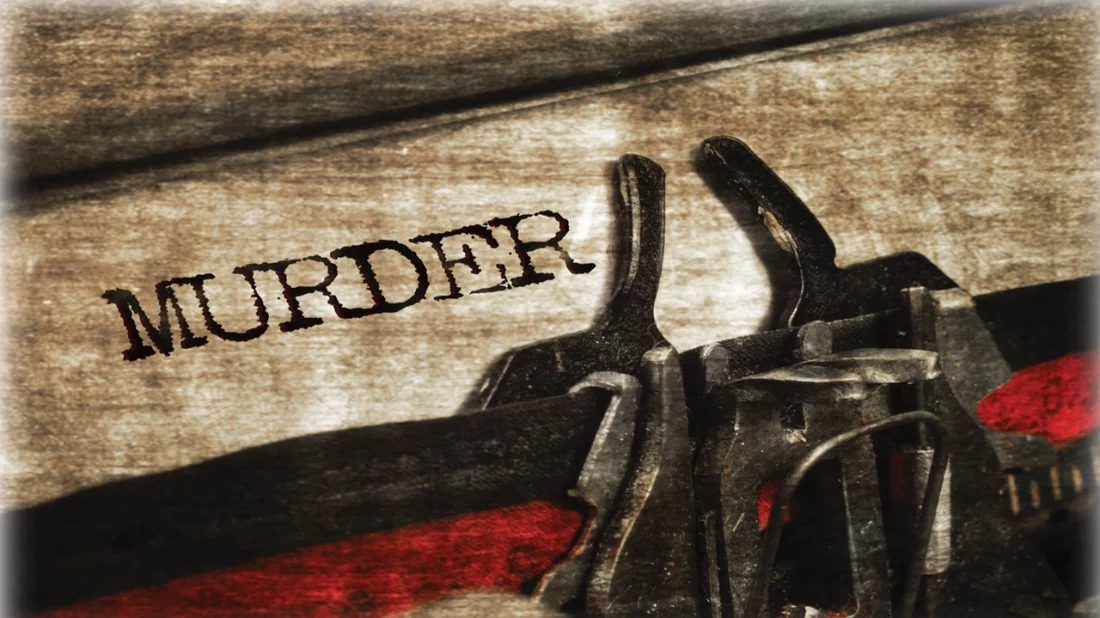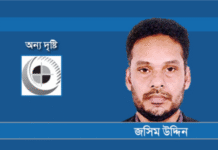Bangladesh cannot afford to slide back down into lawlessness.
If there is anything for us to collectively take away from the brutal murder of Mohammed Sohag it is that there is still a glaring void in Bangladesh’s law and order.
The public killing of the local business owner, who was hacked and beaten to death in broad daylight near the gates of Mitford Hospital in Old Dhaka, has certainly generated discussion among the general masses relating to how public inaction can result in the loss of life and indeed to the time honoured tradition of thuggery and violence on the part of political parties youth and student wings. However, the larger point remains one of law enforcement and its inefficacy.
According to reports, the murder occurred in broad daylight with the assailants being caught on CCTV. While this resulted in multiple individuals being arrested, it was not before Sohag had succumbed to his injuries.
Since the fall of the previous government last year, the nation found itself in the grips of a veritable wave of crime which saw offenses as petty as pick-pocketing to armed robbery undergo a noticeable uptick in frequency. While the state of affairs has improved over the past year, it is clear that there is still a lot of work to be done. If individuals, regardless of their affiliations, can feel emboldened to carry out such a heinous act of abject violence without fear of consequences, then it is clear that our law enforcement is simply not being taken seriously.
Bangladesh cannot afford to slide back down into lawlessness, especially now with our economy finally showing some signs of life again. The Mitford murder must be investigated thoroughly, and those accountable who have yet to be caught must be brought to book. Furthermore, political parties must carry out their due diligence in weeding out problem elements which are still subscribing to the old ways of violence and intimidation. This is a cultural issue as much as it is a law and order problem.
The new Bangladesh cannot be built on the remnants of the old one.










